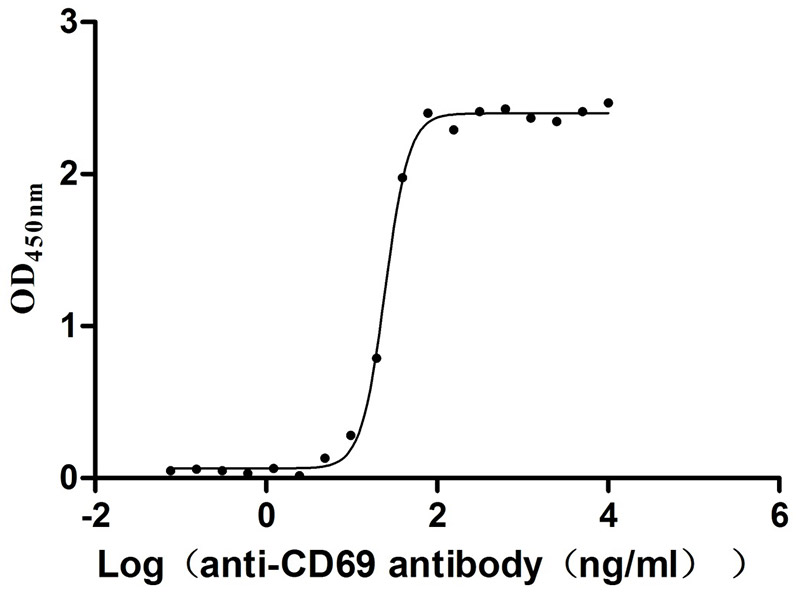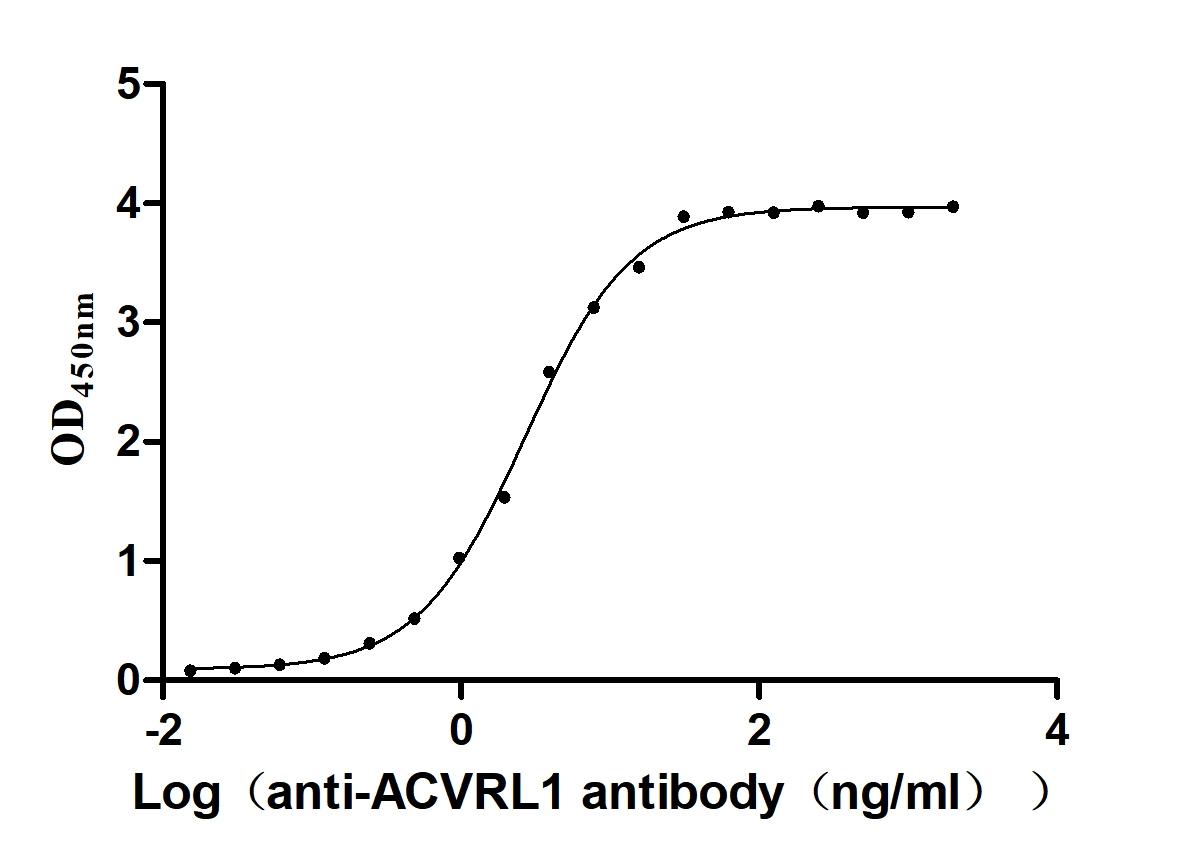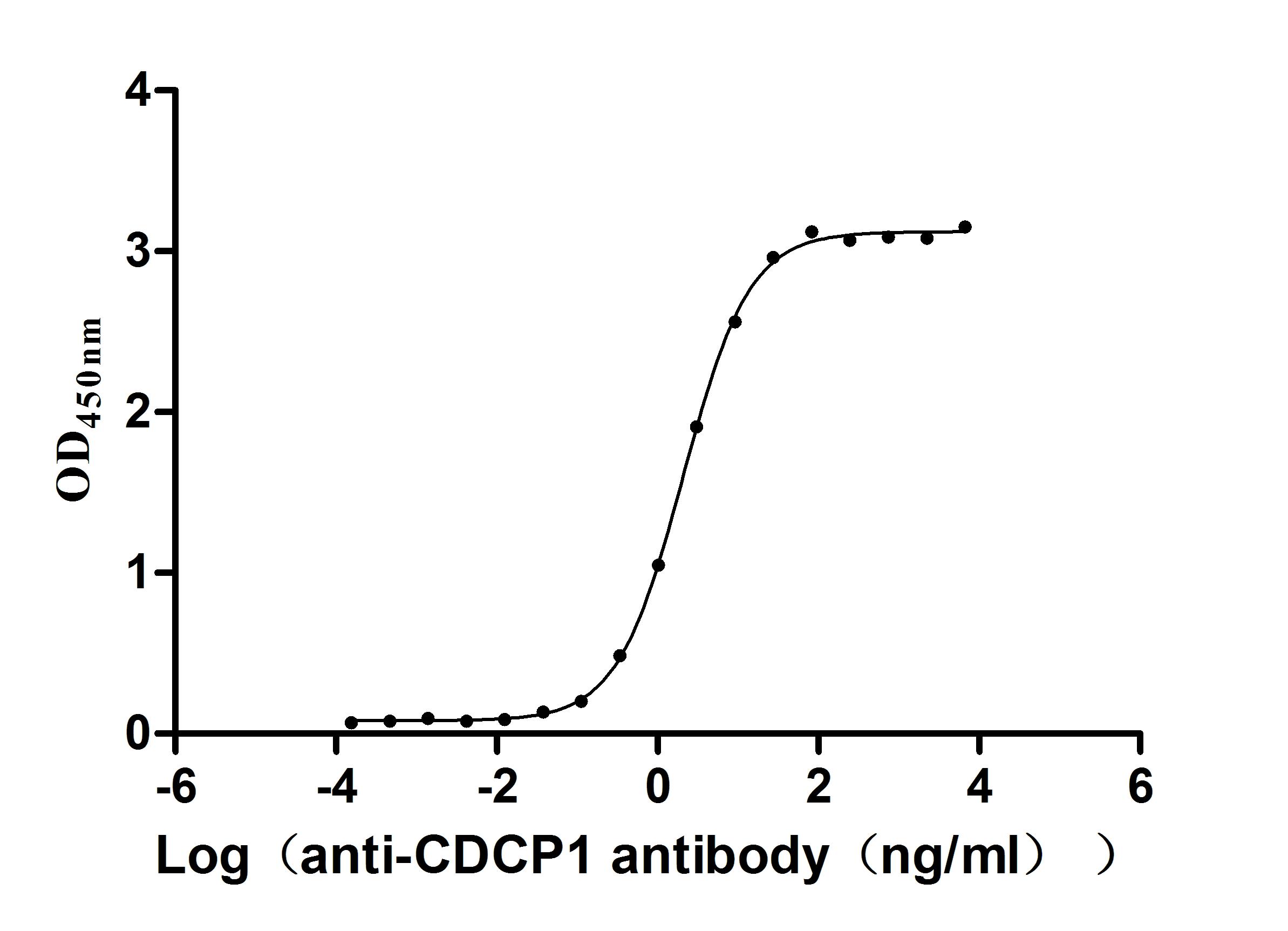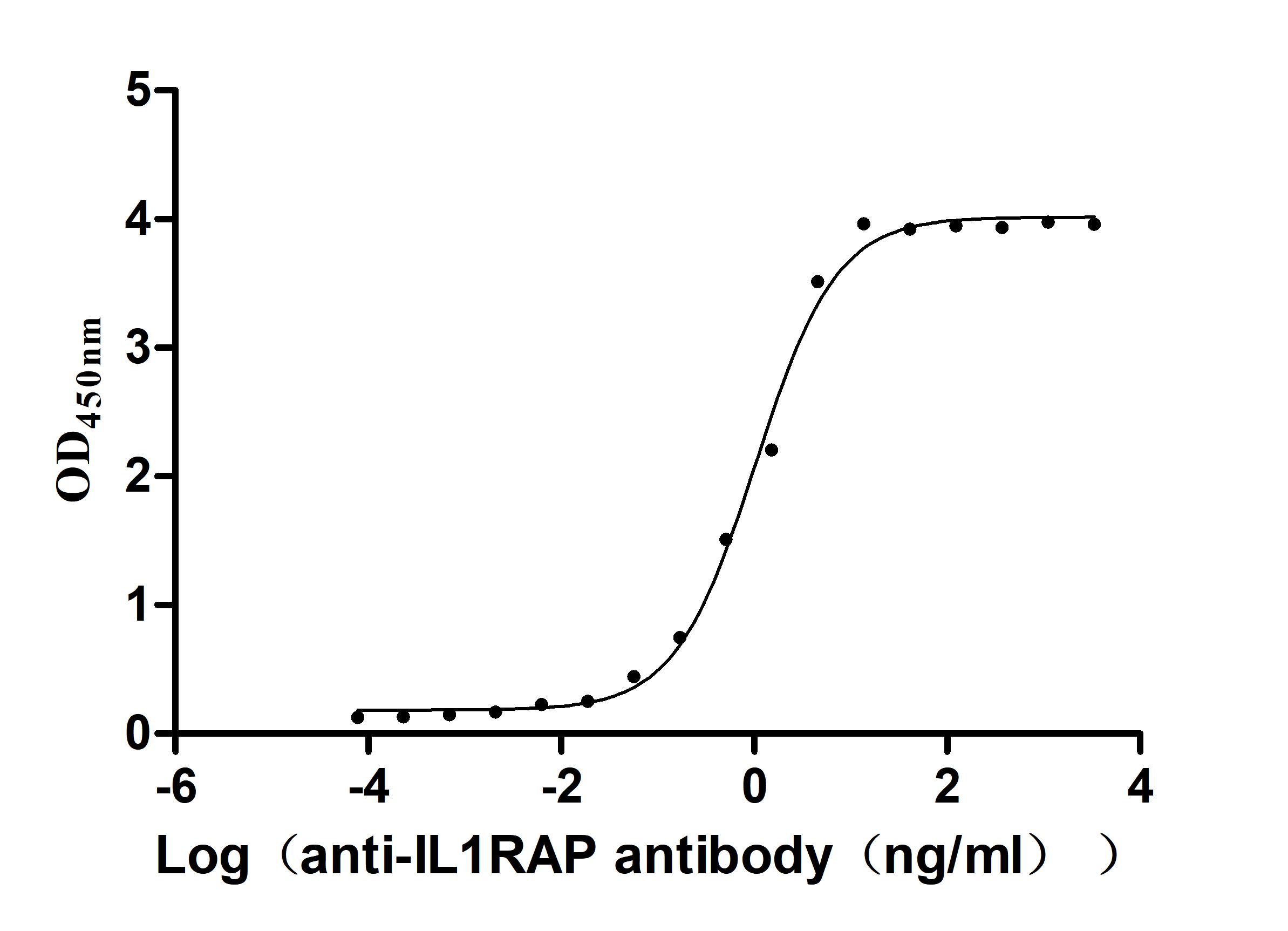Recombinant Human Double-stranded RNA-binding protein Staufen homolog 1 (STAU1)
-
货号:CSB-YP022818HU
-
规格:
-
来源:Yeast
-
其他:
-
货号:CSB-EP022818HU
-
规格:
-
来源:E.coli
-
其他:
-
货号:CSB-EP022818HU-B
-
规格:
-
来源:E.coli
-
共轭:Avi-tag Biotinylated
E. coli biotin ligase (BirA) is highly specific in covalently attaching biotin to the 15 amino acid AviTag peptide. This recombinant protein was biotinylated in vivo by AviTag-BirA technology, which method is BriA catalyzes amide linkage between the biotin and the specific lysine of the AviTag.
-
其他:
-
货号:CSB-BP022818HU
-
规格:
-
来源:Baculovirus
-
其他:
-
货号:CSB-MP022818HU
-
规格:
-
来源:Mammalian cell
-
其他:
产品详情
-
纯度:>85% (SDS-PAGE)
-
基因名:STAU1
-
Uniprot No.:
-
别名:Double stranded RNA binding protein Staufen homolog 1; Double stranded RNA binding protein Staufen homolog; Double-stranded RNA-binding protein Staufen homolog 1; FLJ25010; MGC124588; PPP1R150; STAU; STAU1; STAU1_HUMAN; staufen; Staufen RNA binding protein (Drosophila); Staufen RNA binding protein homolog 1; Staufen, Drosophila, homolog of, 1; Staufen, RNA binding protein, homolog 1 (Drosophila); staufen-like
-
种属:Homo sapiens (Human)
-
蛋白长度:Full Length of Mature Protein
-
表达区域:2-577
-
氨基酸序列SQVQVQVQN PSAALSGSQI LNKNQSLLSQ PLMSIPSTTS SLPSENAGRP IQNSALPSAS ITSTSAAAES ITPTVELNAL CMKLGKKPMY KPVDPYSRMQ STYNYNMRGG AYPPRYFYPF PVPPLLYQVE LSVGGQQFNG KGKTRQAAKH DAAAKALRIL QNEPLPERLE VNGRESEEEN LNKSEISQVF EIALKRNLPV NFEVARESGP PHMKNFVTKV SVGEFVGEGE GKSKKISKKN AAIAVLEELK KLPPLPAVER VKPRIKKKTK PIVKPQTSPE YGQGINPISR LAQIQQAKKE KEPEYTLLTE RGLPRRREFV MQVKVGNHTA EGTGTNKKVA KRNAAENMLE ILGFKVPQAQ PTKPALKSEE KTPIKKPGDG RKVTFFEPGS GDENGTSNKE DEFRMPYLSH QQLPAGILPM VPEVAQAVGV SQGHHTKDFT RAAPNPAKAT VTAMIARELL YGGTSPTAET ILKNNISSGH VPHGPLTRPS EQLDYLSRVQ GFQVEYKDFP KNNKNEFVSL INCSSQPPLI SHGIGKDVES CHDMAALNIL KLLSELDQQS TEMPRTGNGP MSVCGRC
-
蛋白标签:Tag type will be determined during the manufacturing process.
The tag type will be determined during production process. If you have specified tag type, please tell us and we will develop the specified tag preferentially. -
产品提供形式:Lyophilized powder
Note: We will preferentially ship the format that we have in stock, however, if you have any special requirement for the format, please remark your requirement when placing the order, we will prepare according to your demand. -
复溶:We recommend that this vial be briefly centrifuged prior to opening to bring the contents to the bottom. Please reconstitute protein in deionized sterile water to a concentration of 0.1-1.0 mg/mL.We recommend to add 5-50% of glycerol (final concentration) and aliquot for long-term storage at -20℃/-80℃. Our default final concentration of glycerol is 50%. Customers could use it as reference.
-
储存条件:Store at -20°C/-80°C upon receipt, aliquoting is necessary for mutiple use. Avoid repeated freeze-thaw cycles.
-
保质期:The shelf life is related to many factors, storage state, buffer ingredients, storage temperature and the stability of the protein itself.
Generally, the shelf life of liquid form is 6 months at -20°C/-80°C. The shelf life of lyophilized form is 12 months at -20°C/-80°C. -
货期:Delivery time may differ from different purchasing way or location, please kindly consult your local distributors for specific delivery time.Note: All of our proteins are default shipped with normal blue ice packs, if you request to ship with dry ice, please communicate with us in advance and extra fees will be charged.
-
注意事项:Repeated freezing and thawing is not recommended. Store working aliquots at 4°C for up to one week.
-
Datasheet :Please contact us to get it.
相关产品
靶点详情
-
功能:Binds double-stranded RNA (regardless of the sequence) and tubulin. May play a role in specific positioning of mRNAs at given sites in the cell by cross-linking cytoskeletal and RNA components, and in stimulating their translation at the site.; (Microbial infection) Plays a role in virus particles production of many viruses including of HIV-1, HERV-K, ebola virus and influenza virus. Acts by interacting with various viral proteins involved in particle budding process.
-
基因功能参考文献:
- recruited to mutant ATXN2 aggregates in spinocerebellar ataxia type 2 fibroblasts PMID: 30194296
- Staufen1 has differential roles in embryonal versus alveolar rhabdomyosarcoma through the control of proliferative and apoptotic pathways, respectively. PMID: 28211476
- Mechanistically, we suggest that SNHG5 stabilizes the target transcripts by blocking their degradation by STAU1. Accordingly, depletion of STAU1 rescues the apoptosis induced after SNHG5 knockdown. Hence, we characterize SNHG5 as a lncRNA promoting tumour cell survival in colorectal cancer. PMID: 28004750
- E2F1 induces TINCR transcriptional activity and accelerates gastric cancer progression via activation of TINCR/STAU1/CDKN2B signaling axis. PMID: 28569791
- ADAR1p110 isoform competitively inhibits binding of Staufen1 to the 3'-untranslated-region dsRNAs and antagonizes Staufen1-mediated mRNA decay. PMID: 28436945
- Stau1 is a stress response gene that remains efficiently translated during hypoxia and ER stress despite the substantial global inhibition of cap-dependent protein translation, promoting cell recovery following stress PMID: 27644878
- Our findings suggest that HCV may appropriate Stau1 to its advantage to prevent PKR-mediated inhibition of eIF2alpha, which is required for the synthesis of HCV proteins for translocation of viral RNA genome to the polysomes for efficient translation and replication. PMID: 27106056
- together, these data highlight the broad impact of Stau1 as a splicing regulator and suggest that Stau1 may act as a disease modifier in DM1. PMID: 26824521
- expression of human Staufen1 is essential for proper dendritic arborisation during neuroblastoma cell differentiation, yet it is not necessary for maintenance of differentiated state, and suggest potential human Stauf1 mRNA targets involved in the process PMID: 25423178
- The changing pattern of STAU distribution during meiotic maturation of human oocytes implicates a novel mechanism for the regulation of protein synthesis based on mRNA localization PMID: 25620022
- in vivo atlas of mRNA secondary structures recognized by Staufen 1 PMID: 25799984
- TINCR, together with Staufen1, seems to stabilize a subset of mRNAs required for epidermal differentiation. PMID: 24019000
- A common sequence signature consisting of two opposite-polarity Alu motifs was present in the hStau1-associated mRNAs and was shown to be sufficient for binding to hStau1 and hStau1-dependent stimulation of protein expression. PMID: 24470147
- Staufen1 is an important factor in HCV replication and it might play a role early in the HCV replication cycle, rather than virion morphogenesis. PMID: 23907398
- STAU1 binding to a 3'-UTR SBS was previously shown to trigger STAU1-mediated mRNA decay (SMD) by directly recruiting the ATP-dependent RNA helicase UPF1 PMID: 24056942
- These results suggest a new role for Staufen-1 as a cellular Rec and human endogenous retrovirus family HERV-K Gag cofactor. PMID: 23926355
- this study reports the identification of two new hGIP-interacting partners, DTX1 and STAU1. PMID: 23395680
- The regulation of STAU1 mediated mRNA decay efficiency by NS1 may contribute to building a more favorable cellular environment for viral replication. PMID: 23722113
- STAU1 binding to 3' UTR IRAlus functions along with 3' UTR IRAlus-mediated nuclear retention to suppress the shutdown of cellular translation triggered by PKR binding to endogenous cytoplasmic dsRNAs PMID: 23824540
- SSM-mediated hSTAU1 dimerization increases the efficiency of SMD by augmenting hSTAU1 binding to the ATP-dependent RNA helicase hUPF1 PMID: 23524536
- TDP-43 is physically associated with fragile X mental retardation protein (FMRP) and Staufen (STAU1) to form a functional complex. PMID: 22584570
- For Stau1-mediated mRNA decay, Stau1 binds to the 3' untranslated region of target mRNA and recruits Upf1 to elicit rapid mRNA degradation. PMID: 22503102
- our results unravel a novel function for Staufen1 in splicing regulation and indicate that it may positively modulate the complex DM1 phenotype PMID: 22431750
- the specific region responsible for the interaction between Stau1 and influenza A Virus NS1 was identified. PMID: 21945618
- findings that the binding of STAU1 to mRNAs can be transactivated by long non-coding RNAs uncovers an unexpected strategy that cells use to recruit proteins to mRNAs and mediate the decay of these mRNAs PMID: 21307942
- Gag specifically recruited Staufen1 to the detergent insoluble membranes supporting a key function for this host factor during virus assembly. PMID: 20459747
- These results indicate a role for hStau1 in late events of the influenza virus infection, possibly during virus morphogenesis. PMID: 20504931
- Work provides new evidence that Staufen1-containing HIV-1 RNPs preferentially form over other cellular silencing foci and are involved in assembly, localization and encapsidation of vRNA. PMID: 20053637
- The oligomeric composition of Stau1-containing complexes and the presence of specific mRNAs have been confirmed by biochemical approaches involving two successive immunoprecipitations of Stau1-tagged molecules followed by qRT-PCR amplification. PMID: 20075165
- Data show that the Staufen isoform Stau(55)co-fractionates with ribosomes, suggesting that it plays some role in translation. PMID: 12133005
- These data show that Staufen, pr55(Gag), and genomic RNA are part of the same intracellular complex and support a role for Staufen in pr55(Gag) function in viral assembly, genomic RNA encapsidation, and the generation of infectious viral particles. PMID: 15024055
- The identity of proteins present in staufen complexes from RNA granules indicates that staufen has a role in transport and translation of messenger RNAs. PMID: 15121898
- Stau1 influences HIV-1 assembly by modulating pr55Gag-pr55Gag interactions, as shown in a live cell interaction assay PMID: 17428849
- Stau1 influences the expression of a wide variety of physiologic transcripts and metabolic pathways. PMID: 17510634
- Stau1- and Stau2-mRNPs associate with distinct but overlapping sets of cellular mRNAs. PMID: 18094122
- 12 amino acids at the N-terminal end of Stau1 is necessary to increase Pr55Gag multimerization and particle release. PMID: 18498651
- isolated a novel transcript of STAU1, coding a novel isoform that has six amino acids more (SFPLKQ) than isoform a PMID: 18806890
显示更多
收起更多
-
亚细胞定位:Cytoplasm. Rough endoplasmic reticulum. Note=Localizes exclusively with the rough reticulum endoplasmic (RER).
-
组织特异性:Widely expressed. Expressed in brain, pancreas, heart, skeletal muscles, liver, lung, kidney and placenta.
-
数据库链接:
HGNC: 11370
OMIM: 601716
KEGG: hsa:6780
STRING: 9606.ENSP00000360922
UniGene: Hs.596704
Most popular with customers
-
Express system: Mammalian cell
Species: Homo sapiens (Human)
-
Recombinant Human Complement component C1q receptor (CD93), partial (Active)
Express system: Mammalian cell
Species: Homo sapiens (Human)
-
Recombinant Human Dickkopf-related protein 1 (DKK1) (Active)
Express system: Mammalian cell
Species: Homo sapiens (Human)
-
Recombinant Human Early activation antigen CD69 (CD69), partial (Active)
Express system: Mammalian cell
Species: Homo sapiens (Human)
-
Recombinant Human Serine/threonine-protein kinase receptor R3 (ACVRL1), partial (Active)
Express system: Baculovirus
Species: Homo sapiens (Human)
-
Recombinant Macaca fascicularis CUB domain containing protein 1 (CDCP1), partial (Active)
Express system: Mammalian cell
Species: Macaca fascicularis (Crab-eating macaque) (Cynomolgus monkey)
-
Recombinant Macaca fascicularis Interleukin 1 receptor accessory protein(IL1RAP), partial (Active)
Express system: Mammalian cell
Species: Macaca fascicularis (Crab-eating macaque) (Cynomolgus monkey)


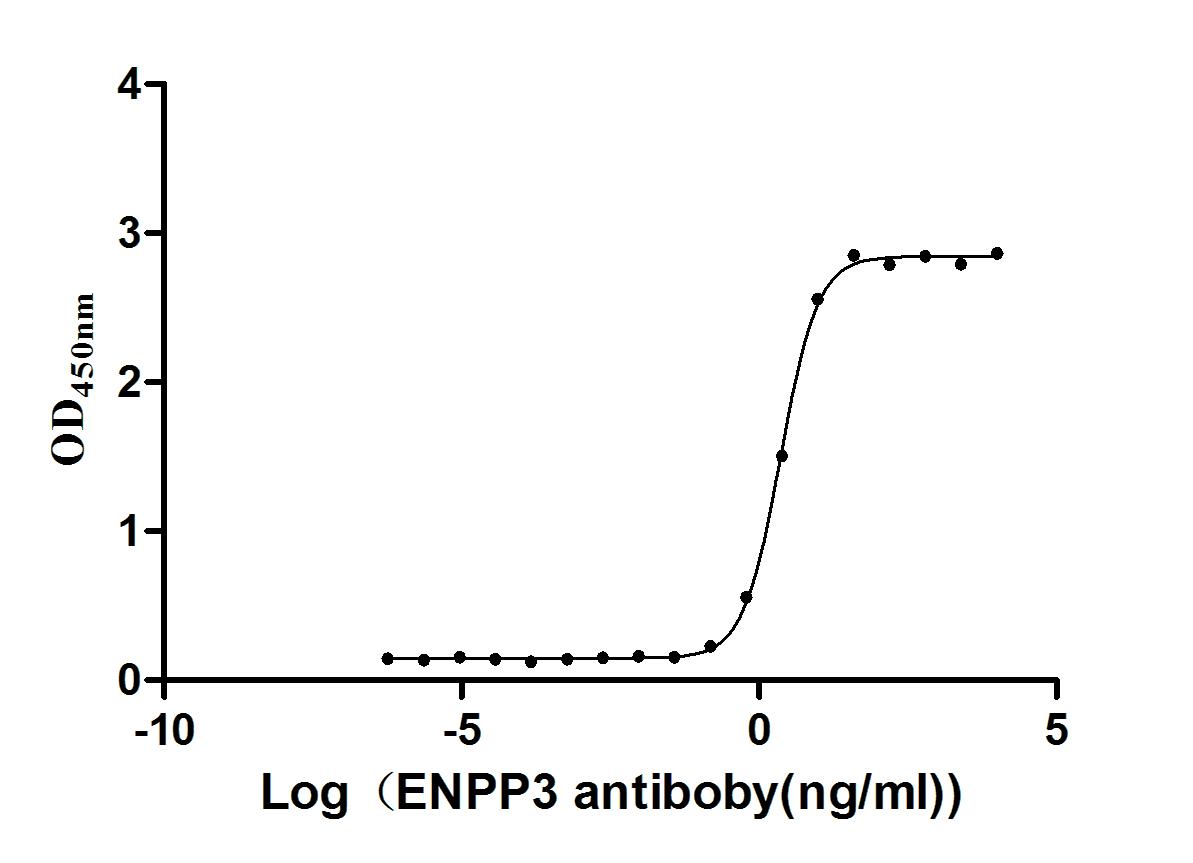
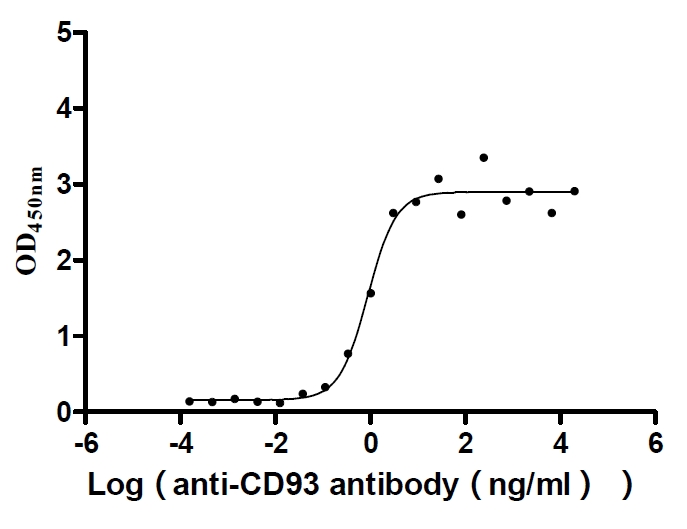
-AC1.jpg)
